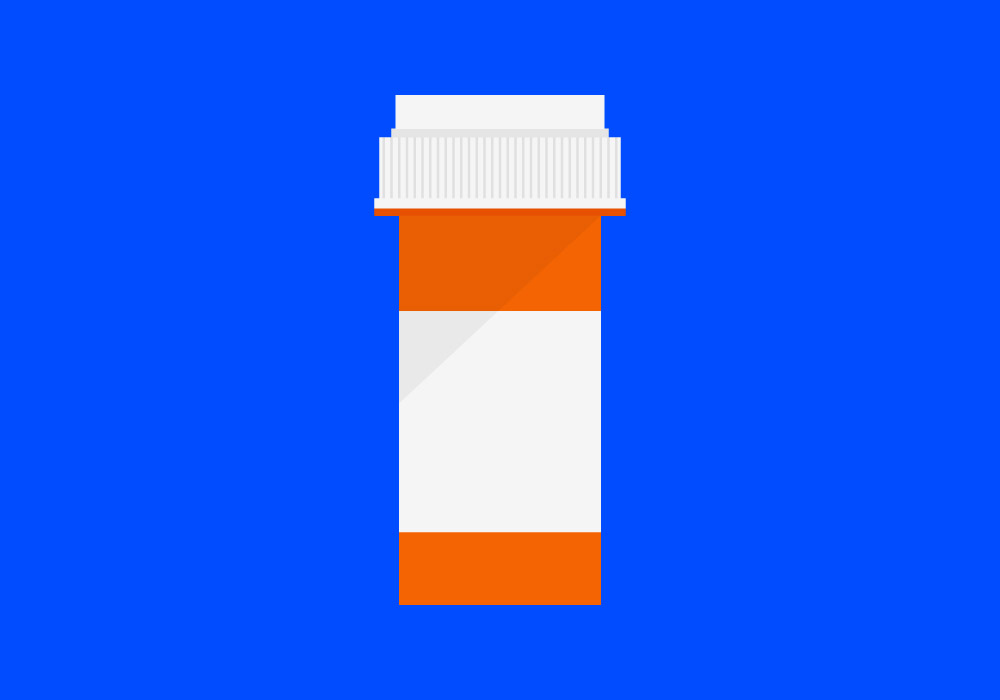
Treating mood disorders in children and adolescents is a tricky business. The pharmaceutical industry has developed some powerful drugs that can blunt some of the more serious imbalances in brain chemicals that are linked to depression, but it’s unclear how those medications can affect still-developing brains. Weighing the benefits of treating depression against the risks associated with the medications remains a challenge for doctors, especially since there are few studies that investigate the effects of antidepressants in minors.
Even among adults, antidepressants aren’t always effective; most studies show that between 30% and 50% of people respond to them, and that’s often after cycling through a few of them to find the one that’s best. Another complicating factor is that nearly half of people on antidepressants have been prescribed the drugs off-label. Taken together, it can be hard for well-meaning psychiatrists to decide the best course of treatment for depressed teens. About 11% of Americans ages 12-17 have had a major depressive episode in the past year, according to government data.
Not many studies of antidepressants have included children and teens, mainly because of concerns about how these mood-altering drugs can affect young brains. Only one drug, fluoxetine, is approved by the Food and Drug Administration for children and teens with major depressive disorder, but because the others are available for adults, many doctors prescribe them for younger people, too. About 3% of teens in the U.S. take antidepressants.
To learn how effective these drugs are in treating depression among younger people, a team led by Dr. Andrea Cipriani, a psychiatrist at the University of Oxford, conducted an analysis of 34 trials of antidepressants involving more than 5,000 children or teens taking 14 different antidepressants. They report Wednesday in the Lancet that ratings of the depression before and after taking the medications did not change significantly. Only one drug, the one approved for kids, fluoxetine, improved their depression.
“There has been controversy over what the evidence says, what clinicians do, and what the regulatory agencies recommend,” says Cipriani about treating depression among younger people.
The results, he says, raise interesting questions about whether antidepressants work the same way for children and teens as they do in adults. They also reiterate what most pediatric experts say should be the first line of treatment for depression: quality psychotherapy.
“Depression isn’t just that you’re going to be sad for a few days,” says Dr. R. Scott Benson, a child and adolescent psychiatrist in Pensacola, Fla. and member of the American Psychiatric Association. “You’re going to likely have problems with stable mood, and difficulty reliably interpreting your feelings for the rest of your life. It’s something that requires a serious discussion, more than 15 minutes in the doctor’s office and getting a prescription.”
Too often, says Benson, the plethora of antidepressants available tempts doctors to reach for the prescription pad first if someone reports depressive symptoms or says they have thought about killing themselves. But for children and teens in particular, drugs should not be the first solution, he says.
In 2004, the FDA issued a black box warning on antidepressants prescribed for children or adolescents after reports of suicidal thoughts and attempts at suicide among younger users. The U.K. also has strict restrictions on prescribing antidepressants to minors for the same reasons.
The fact that studies like Cipriani’s don’t support a strong effectiveness of antidepressants among kids should give doctors pause when considering a first-line treatment. “These medicines are not like penicillin for pneumonia,” says Benson. “And we’ve known that for a long time.”
Benson adds that for some, antidepressants aren’t the be-all-end-all treatment, but at the same time, it’s critical to appreciate that leaving depression unaddressed, especially among children and teens, can be just as detrimental to their well being.
Leading health organizations, including American Psychological Association and expert groups in the U.K., recommend that doctors advise children and teens with depression to try psychotherapy first, for at least several months, and only consider adding fluoxetine to these sessions if the child’s depression does not improve. Any antidepressants other than fluoxetine should only be considered after this combination is shown not to be effective, and after an in depth discussion with the child and parents.
“Depression is a serious problem, and we can’t just give you a prescription that’s good for six months and think that’s going to solve the problem,” Benson says. “Whatever therapy or medication we prescribe, we need to have a clearly developed treatment plan, and make sure that we are seeing them progress as we expect them to.”
More Must-Reads From TIME
- The 100 Most Influential People of 2024
- Coco Gauff Is Playing for Herself Now
- Scenes From Pro-Palestinian Encampments Across U.S. Universities
- 6 Compliments That Land Every Time
- If You're Dating Right Now , You're Brave: Column
- The AI That Could Heal a Divided Internet
- Fallout Is a Brilliant Model for the Future of Video Game Adaptations
- Want Weekly Recs on What to Watch, Read, and More? Sign Up for Worth Your Time
Contact us at letters@time.com